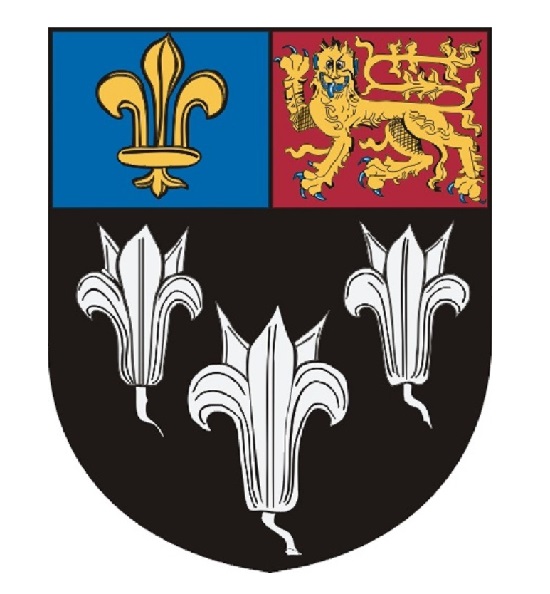Henry Fielding
(1707-1754)
At Eton : 1719 to 1724
Writers, Poets, Wits, Scholars and Dons
Known for: Author and magistrate.
School days: Fielding was at Eton 1719-1724. Fielding ran away from Eton in the spring of 1721, so may not have relished his time at the school.
Whilst Fielding may have tried to escape Eton on one occasion, he did make formative friendships whilst at the school, among whom were George Lyttelton and William Pitt. The eldest of 13 children, Fielding was forced to write for a living, and his first works appeared in print in the late 1720s. His early reputation was built upon comedies written for the thriving London theatre scene, and he became the dominant professional playwright of the 1730s. Increased censorship of the stage led to his leaving his career as a dramatist, transferring to political writing whilst training as a barrister. He also branched into writing novels. The English novel was then a relatively new genre, and Fielding’s contributions – Shamela, Joseph Andrews, Jonathan Wild and Tom Jones – were crucial to its development.
In the last five years of his life, Fielding was appointed a magistrate in the city of Westminster, a position that gave him a reliable income and that he filled with diligence and authority. His health declined in 1753 and he retired from public life, emigrating to Lisbon in the hope of recovering. He died there in October 1754, and is buried in the English cemetery.
